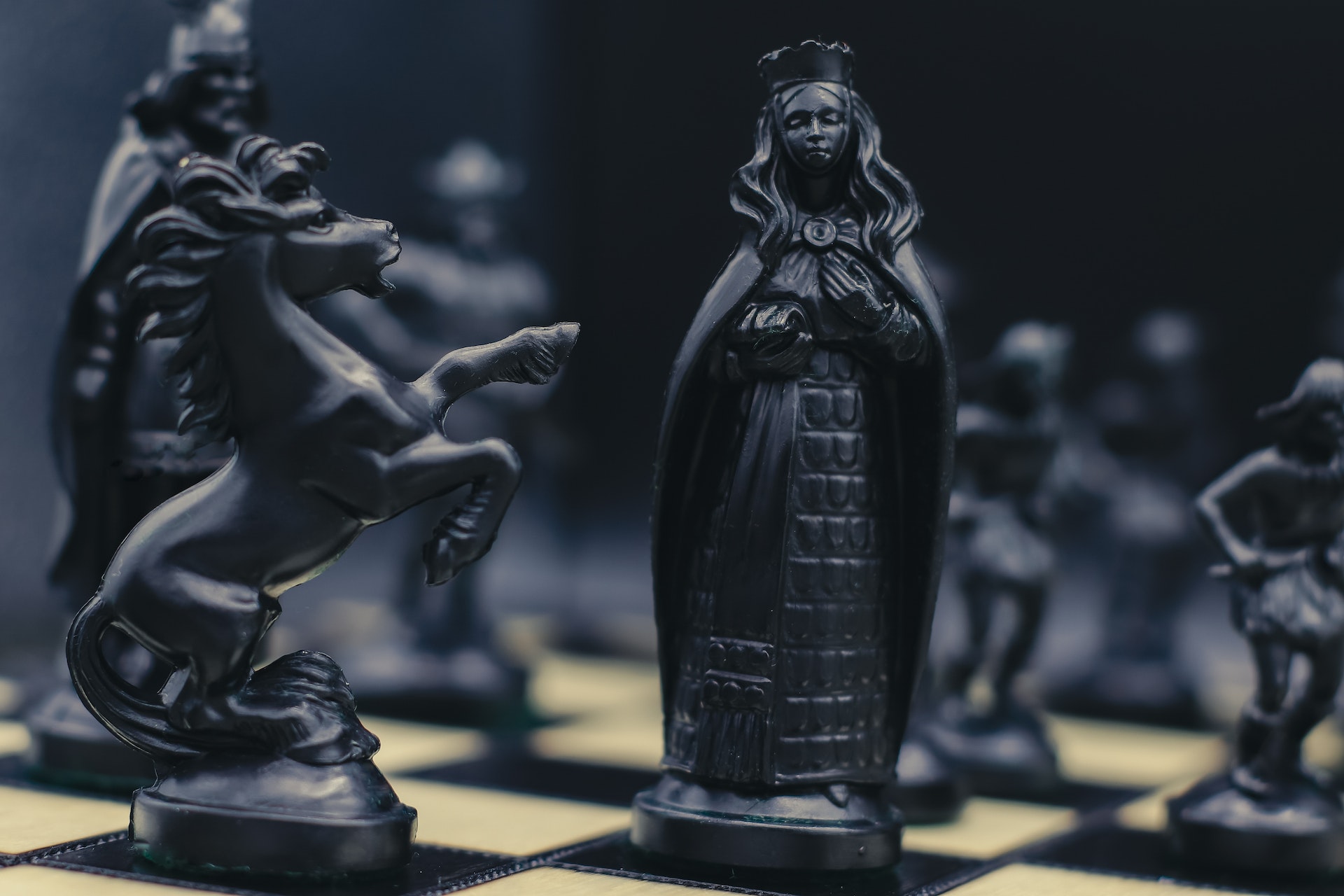The History of Board Games: A Timeline of Influence and Innovation
The Dawn of Board Games: Ancient Civilizations
The history of board games begins in the cradle of civilization, where they were used not just for amusement, but also as tools for teaching and prophecy. The Ancient Egyptians, for instance, played Senet as early as 3500 B.C. A symbolic game of life and death, it served both as entertainment and a guide to the afterlife.
The ancient city of Ur in Mesopotamia also gave birth to The Royal Game of Ur. This strategy game, dated to around 2600 B.C., had rules etched on a Babylonian tablet, providing us with one of the oldest known game instructions.
As board games traveled across cultures and eras, they took on new forms and meanings. The Greeks played Petteia, a game resembling chess, while in India, Chaturanga emerged, a true precursor to modern chess.
“Games are the most elevated form of investigation.” – Albert Einstein
The Middle Ages: A Mirror of Society
As we move into the Middle Ages, board games continue to reflect and shape society. Chess, evolving from Chaturanga, became a popular pastime in Persia before sweeping across Europe. The game’s shifting mechanics mirrored social hierarchies, with pieces representing different social classes.
Likewise, the Chinese game of Go, with its emphasis on balance and territorial control, embodied Taoist philosophy. The game was considered one of the Four Arts a scholar must master.
“The game of chess is not merely an idle amusement. Several very valuable qualities of the mind, useful in the course of human life, are to be acquired or strengthened by it.” – Benjamin Franklin
The 19th Century: The Birth of Modern Board Games
The 19th century saw the birth of modern board games as we understand them today. In America, The Mansion of Happiness was released in 1843, introducing moral instruction into gameplay.
But it was the launch of Monopoly in 1935 that revolutionized the industry. This game introduced elements of economics, strategy, and negotiation, creating a new level of engagement and competition.
“Every great magic trick consists of three parts or acts…The third act, called ‘The Prestige’, is the product of magic. If a trick was a world, I would want to live there.” – Christopher Nolan, speaking of Monopoly.
The 20th Century and Beyond: The Golden Age of Board Games
The 20th century marked a golden age of board games, with the emergence of classics such as Scrabble, Clue, Risk, and Settlers of Catan. These games pushed boundaries and expanded the definition of board games, incorporating elements of language, deduction, strategy, and social interaction.
The rise of technology in the 21st century has also influenced board game design. Games like Gloomhaven and Pandemic Legacy have incorporated legacy mechanics and expansive narratives, making them immersive and replayable.
“You have to learn the rules of the game. And then you have to play better than anyone else.” – Albert Einstein
Conclusion: The Legacy of Classic Games
Classic board games have left an indelible mark on the landscape of modern game design. They have evolved from simple diversions to complex, multifaceted experiences, reflecting our societies, cultures, and imaginations. The lessons learned from these timeless games continue to inspire and shape the way we play today.
The past, present, and future of board games are intertwined, each generation building on the foundations laid by the previous ones. As we move forward, we carry with us the history of these games, remembering that each roll of the dice, each drawn card, and each strategic move is part of a tradition that dates back thousands of years.
“Just play. Have fun. Enjoy the game.” – Michael Jordan
FAQs
What is the oldest known board game?
Answer: The oldest known board game is Senet, a game played in Ancient Egypt as early as 3500 B.C. It involved a grid of squares and a set of pawns moved based on the roll of dice or throw sticks.
How have board games evolved over time?
Answer: Board games have evolved significantly over time, from simple games of chance in ancient civilizations to complex strategy games today. They’ve incorporated themes from their contemporary cultures, reflecting societal hierarchies, moral values, and even economic systems.
What impact did Monopoly have on the board game industry?
Answer: Monopoly, launched in 1935, revolutionized the board game industry. It introduced elements of economics, strategy, and negotiation, setting a precedent for modern board games and creating a new level of engagement and competition.
How has technology influenced modern board games?
Answer: Technology has greatly influenced modern board games. It has allowed for more complex game mechanics, expansive narratives, and even digital versions of classic games. Some modern games incorporate apps or digital components to enhance gameplay.
What are some popular board games today?
Answer: Some popular board games today include Catan, Ticket to Ride, Pandemic, and Gloomhaven. These games are known for their engaging gameplay, strategic depth, and social interaction.
Keywords: board games, history, game design, Monopoly, chess, Senet, Royal Game of Ur, Mansion of Happiness, ancient civilizations, modern board games, technology, game mechanics.
As a child, I remember a rainy day when the power went out, and all electronic distractions were rendered useless. With nothing else to do, my family dug out an old dusty box of Monopoly. That day, I experienced the timeless allure of board games — the camaraderie, the strategy, the tension, and the outright fun. I was hooked, and my appreciation for these games has only grown since.

